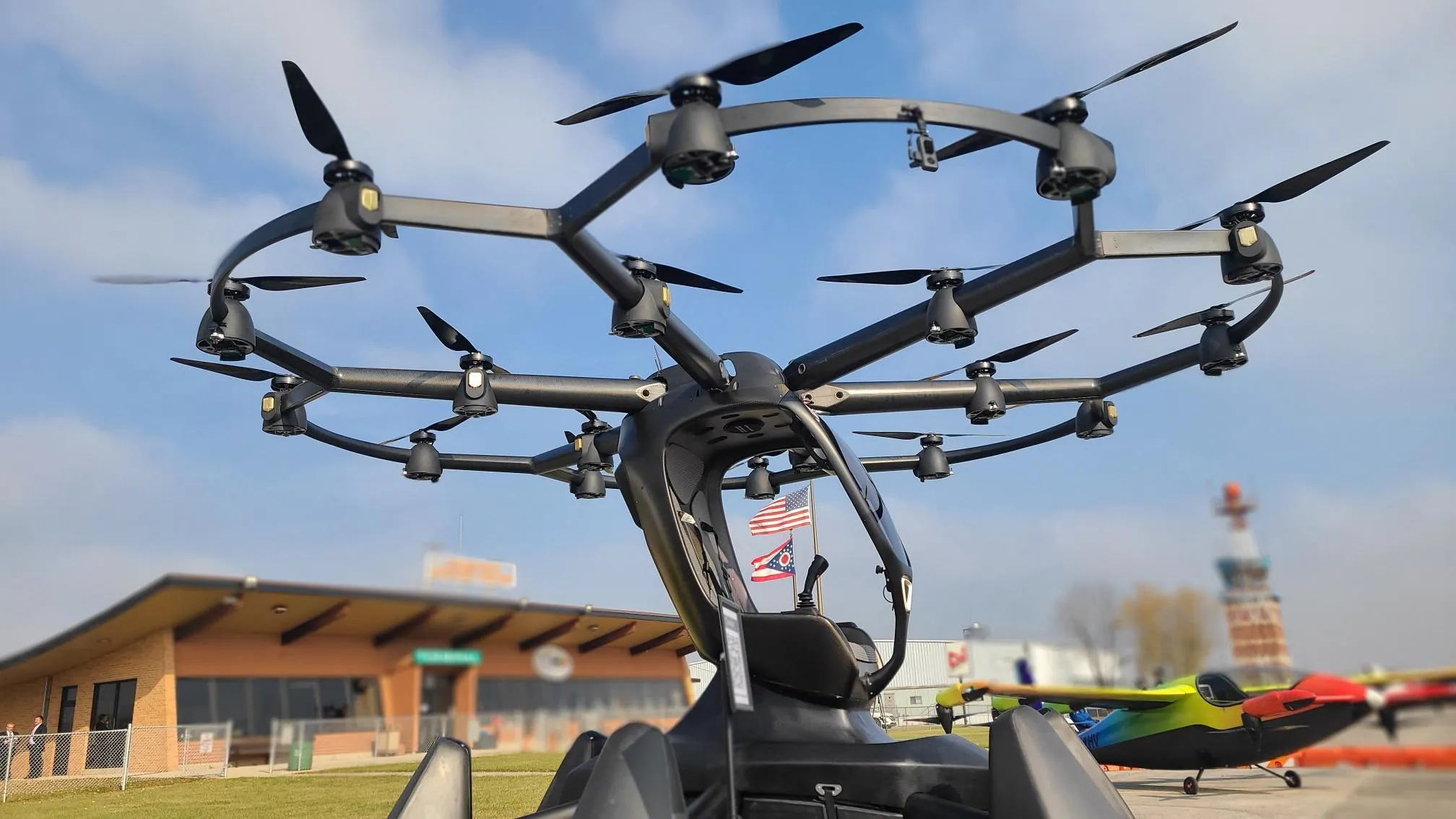The company says the fund brings its total assets under management to more than $200m to invest in and support promising projects around the world.
Jim Adler, managing director of Toyota AI Ventures, says: “Investing in start-ups creates long-term relationships that help Toyota explore the latest innovations in mobility.”
The company looks across a range of industries that are applying artificial intelligence (AI), data, and cloud technologies. Existing investments includes the following companies:
- Joby Aviation: Pioneering an electric vertical take-off and landing passenger aircraft service
- May Mobility: A Level 4 self-driving shuttle service
- Sea Machines: Building autonomous control and navigation systems for the maritime industry
- Elementary Robotics: Developing robotics platforms to assist with automating everyday tasks
- Intuition Robotics: Creating social companion technologies using cognitive AI
Edwin Olson, co-founder and CEO of May Mobility, says: “For us, Toyota AI Ventures isn’t just an important investor, they are a critical partner in helping us realise our long-term vision of making transportation safer and more personal.”











